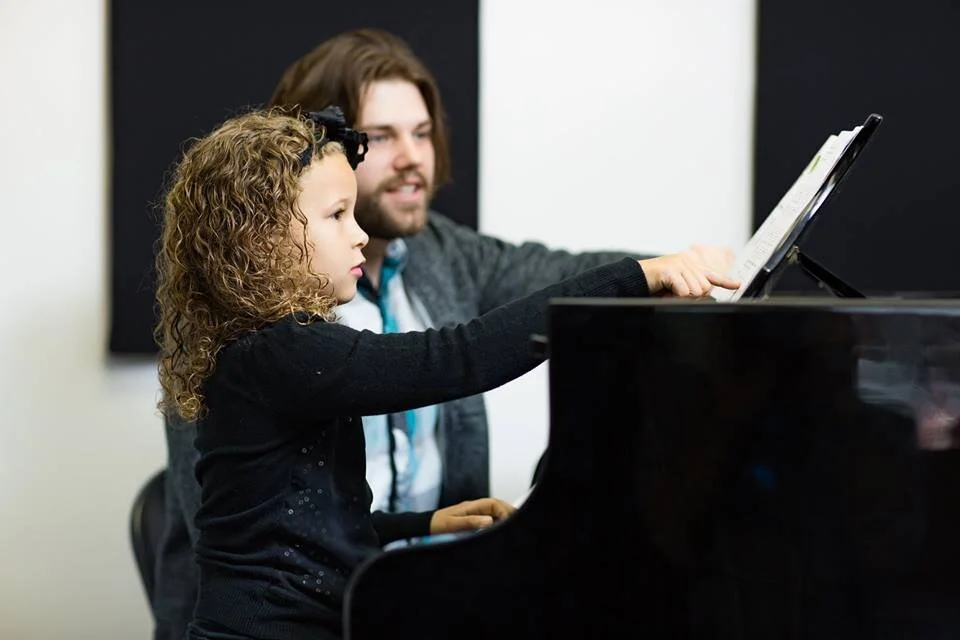When deciding what musical instrument to play, there are a few things to consider. Age is certainly an important factor, as some instruments are too large for small children to play. But you should also take into account what style of music you are interested in, as well as your overall goals for learning an instrument. Below are some of our suggestions for deciding what instrument to play!
If you are completely new to music, you should play the piano! While the basics of music - note reading, rhythm, etc. - can be taught while learning any instrument, it is particularly helpful to learn them in piano lessons. The piano keyboard is a great visual aid when learning to read music, and the physical structure and versatility of the piano makes it very easy to teach musical concepts like dynamics and articulation. When you learn to play the piano, you will also learn to read both treble and bass clefs, which means that you will be prepared to play any other instrument you might want to learn in the future!
We especially recommend the piano to young beginners, because students’ physical size isn’t an important factor in piano playing. Here at the Academy, we offer piano lessons to students as young as 4 years of age.
If you love classical music, you should play the violin! The violin is one of the oldest instruments in Western music, dating all the way back to the 16th century. As such, there are hundreds of years of classical violin repertoire to choose from, with some of the most well-known classical pieces being written specifically for the violin. But if the idea of playing a solo makes you queasy, don’t worry - most classical orchestral music requires a large violin section, so you can still play the music you love even if you’re not in the spotlight!
The violin is another good option for young musicians, since violins are made in several different sizes. Young violinists normally start with a quarter or half size instrument, and work their way up to a full size as they grow. We offer violin lessons to students as young as 5 years of age!
If you love rock music, you should play the guitar! This one might seem like a no-brainer - when you think of rock stars, you think of slamming an electric guitar onstage! But many music students are surprised at just how versatile of an instrument the guitar is. Guitars are featured not only in classic rock music but in other rock styles such as pop, jazz, indie, and folk. Depending on whether you learn to play an acoustic or electric guitar, or even one of the guitar’s cousins, like the ukulele or bass guitar, you can explore decades of popular music and develop your own personal style.
Students of many ages can play the guitar, but we recommend that guitar students be at least 7 years old, due to the size of the instrument and the finger strength it takes to play it.
If you just can’t keep still, you should play the drums! Drums and percussion instruments are notorious for attracting energetic and restless musicians, and with good reason. Aside from the obvious draw of being noisy and fun, playing the drums requires full-body concentration and coordination, so it’s a great way for active music students to channel their energy. Percussion is also ideal for energetic or easily distracted kids because of its variety. If a student gets tired or frustrated with a traditional drum kit, there are tons of other options for them to explore, from mallet instruments like marimbas and xylophones to an endless assortment of hand drums from cultures all over the world!
On the opposite end of the spectrum, drums can be a great choice for quieter kids who like to be out of the spotlight. A drummer’s job is to be the steady backbone of a band or symphony - the unseen force that keeps the whole show running, rather than the attention-grabbing soloist.
We recommend that students be at least 7 years old before starting drum lessons.
If you want to build confidence, you should take voice lessons! Each person’s voice is completely unique, and because of this, it’s common to think that singing ability is something you’re born with - either you have it, or you don’t. But singers consider their voices to be their instruments, just as a pianist’s instrument is a piano - and just as no one is born a pianist, no one is born a singer! Voice students must learn techniques like breath control, volume, pitch, and diction, whether or not they are a “natural” singer.
That being said, singing is just about the most personal and intimate musical experience you can pick! Singing a solo can feel scarier than playing a solo on a musical instrument because each person’s voice is distinctly their own. This makes taking voice lessons a great way to build confidence, and can even translate into improved public speaking skills!
We suggest that students be at least 10 years old before starting private voice lessons. This is because younger students can damage their vocal cords by singing incorrectly. For kids ages 6-10 who love to sing, we offer a children’s choir!
No matter what instrument you choose, the Hilliard Music Academy is here to help you achieve your musical goals! Give us a call today to schedule lessons!


